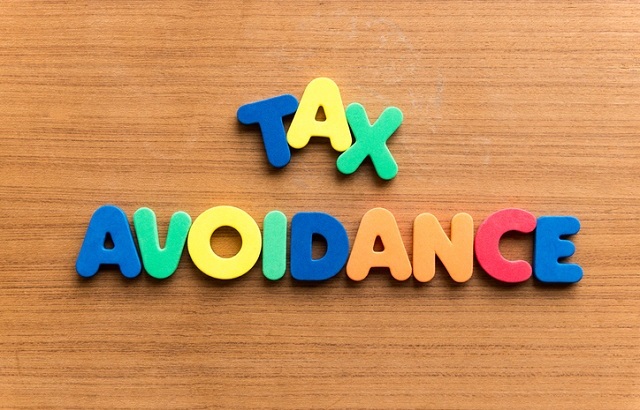The new power, called an unexplained wealth order (UWO), came into force on 31 January and requires individuals to explain the source of assets.
If they refuse or cannot explain the source of their wealth, it can be confiscated by government authorities under the civil recovery regime.
The regulation can be used by HMRC, the SFO, the National Crime Agency and several other enforcement agencies.
Additionally, from 16 April 2018, HMRC will have the power to search, seize and detain “cash”, which is defined in the regulation as including gaming vouchers, casino tokens and betting receipts.
Increased powers
The increase in HMRC powers follows the government introducing two new corporate criminal offences in relation to a company failing to prevent the facilitation of tax evasion, which came into force on 30 September 2017.
Penny Simmons, Pinsent Masons tax expert, said to online publication Out-Law, that these new powers are “significant” in the governments crack down on tax evasion.
“The corporate criminal offences are already in force, but many businesses have still not put in place the policies and procedures which could protect them if one of their employees facilitates tax evasion,” she said.
UWO application
An individual who receives a UWO must explain how they obtained the asset in question. HMRC and the other relevant enforcement bodies can apply for such as order at the High Court.
In order to obtain one, the body must prove that there is a reasonable cause to believe the individual holds assets worth more than £50,000 (€56,860, $70,471), and there are grounds to suspect the individual’s known income would not explain the ownership of the property.
To grant the order, the judge must also be satisfied that there are reasonable grounds to suspect the individual in question, or a person they are connected to, has been involved in a serious crime, including tax evasion.








